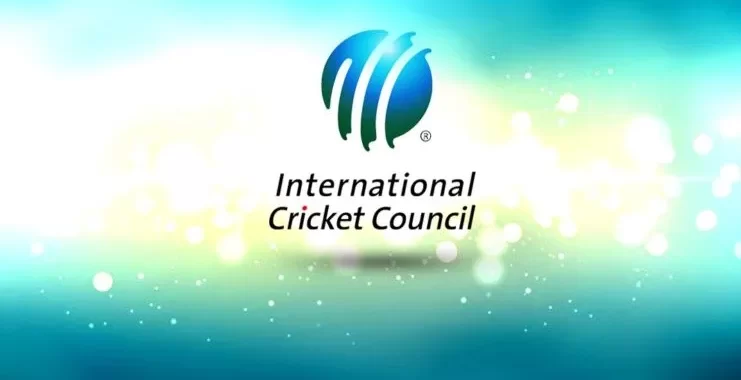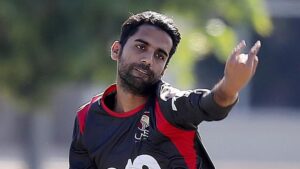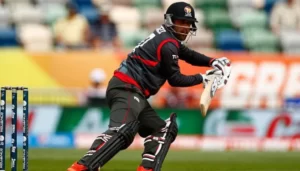
Mehar Chhayakar banned by ICC for Fourteen years on corruption charges
The International Cricket Council (ICC) has banned Mehar Chhayakar, an Indian cricketer previously based in the United Arab Emirates, from all cricket for 14 years for seven violations of the sport’s anti-corruption rule.
An ICC Anti-Corruption Tribunal found Chhayakar culpable of trying to influence portions of the UAE’s One-day International series in Zimbabwe in 2019 as well as games in the Global T20 franchise competition in Canada that same year.
“We first discovered Mehar Chhayakar in 2018 when he was involved in the organisation of a fraudulent cricket event in Ajman,” the ICC stated in a statement.
 “The allegations for which he has now been sentenced to a lengthy suspension are yet another evidence of his ongoing efforts to corrupt and harm our sport. We will pursue and disrupt those who attempt to corrupt cricket with zeal.” The Tribunal has delivered a strong message to anyone attempting to taint our game by imposing a 14-year suspension.
“The allegations for which he has now been sentenced to a lengthy suspension are yet another evidence of his ongoing efforts to corrupt and harm our sport. We will pursue and disrupt those who attempt to corrupt cricket with zeal.” The Tribunal has delivered a strong message to anyone attempting to taint our game by imposing a 14-year suspension.
Chhayakar stated in a correspondence with the ICC included in the Tribunal’s ruling that the charges were “fake.” Chhayakar, who was born in India but raised in the United Arab Emirates, was also found guilty of refusing to collaborate with and hindering the work of the sport’s Anti-Corruption Unit. Chhayakar was one of four players suspended by the ICC in 2019 since being accused with violating the anti-corruption policy of the governing body.
 According to the ICC, Chhayakar had breached the following provisions of the ICC and Cricket Canada anti-corruption codes:
According to the ICC, Chhayakar had breached the following provisions of the ICC and Cricket Canada anti-corruption codes:
- Article 2.1.1 (on two separate occasions) – Fixing or contriving in any way or otherwise influencing improperly or being a party to any agreement or effort to fix or contrive in any way or otherwise influence improperly, the result, progress, conduct or any other aspect of any international match, including (without limitation) by deliberately underperforming therein.
- Article 2.1.4 (on two separate occasions) – Directly or indirectly soliciting, inducing, enticing, instructing, persuading, encouraging or intentionally facilitating any participant to breach any of the foregoing provisions of this Article 2.1.
- Article 2.4.6 (on two separate occasions) – Failing or refusing, without compelling justification, to cooperation with any investigation carried out by the ACU in relation to possible corrupt conduct under the anti-corruption code (by any participant), including (without limitation) failing to provide accurately and completely any information and/or documentation requested by the ACU (whether as part of a formal demand pursuant to Article 4.3 or otherwise) as part of such investigation.
- Article 2.4.7 – Obstructing or delaying any investigation that may be carried out by the ACU in relation to possible corrupt conduct under the Anti-Corruption Code (by any participant), including (without limitation) concealing, tampering with or destroying documentation or other information that may be relevant to that investigation and/or that may be evidence of or may lead to the discovery of evidence of corrupt conduct under the Anti-Corruption Code)”.
Chhayakar’s crimes are related to those of former UAE players Qadeer Khan and Gulam Shabbir. Both Qadeer and Shabbir accepted punishment for confessed violations of the ICC Anti-Corruption Code in connection with approaches from Chhayakar.

